Donating to the Collections
User Guide for Donations
Thank you for your interest in making a donation to the Delaware Historical Society (DHS)! In this guide, you will find information about how the donation process at DHS works.
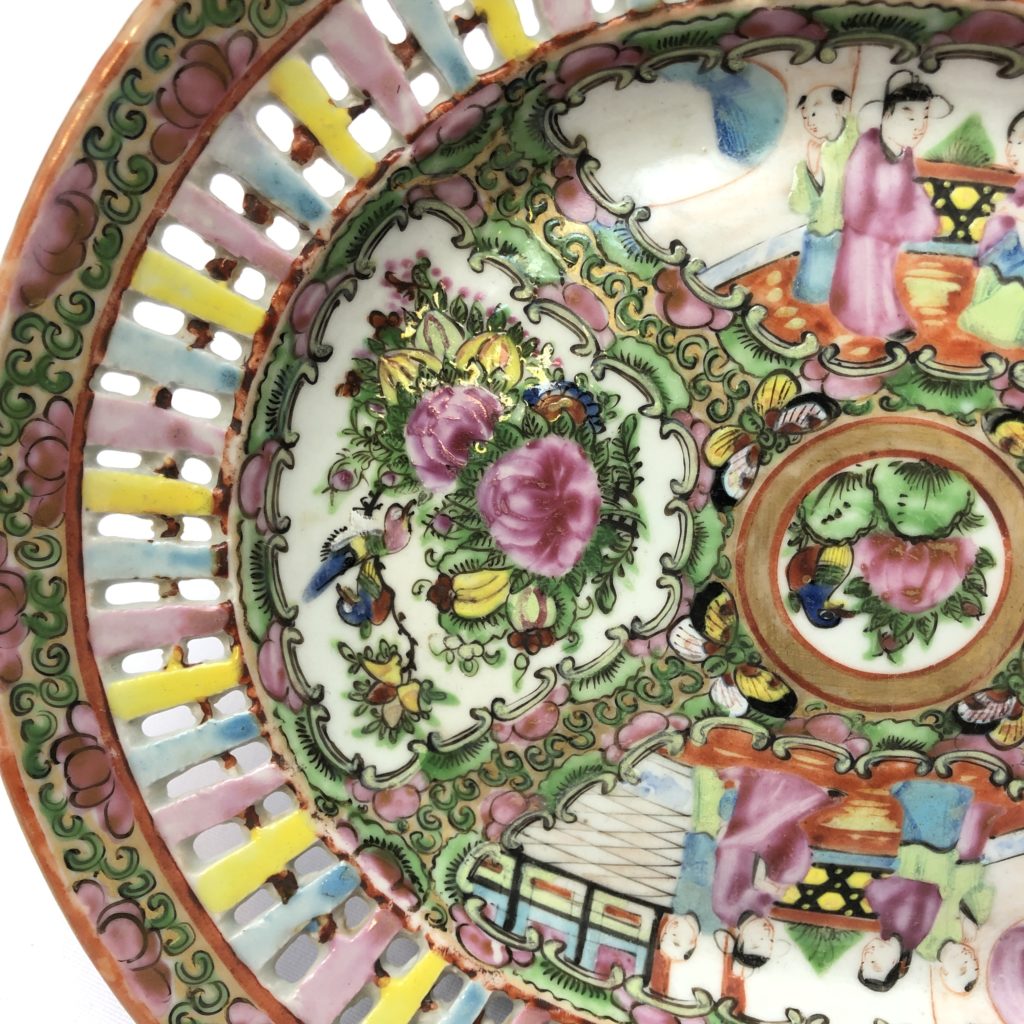
What to Donate:
- DHS only collects materials that align with our mission statement:
- The Delaware Historical Society is a non-profit organization that preserves, promotes, and shares Delaware’s history in a welcoming environment to educate, inspire, and empower people and communities.
- Accepted donations must also fall in line with our Collections Policy and Collection Development Plan.
- What does this mean for you, a potential donor? The short, broad answer is that DHS seeks to acquire items with a clearly documented connection to Delaware’s history and its people.
There are some communities and time periods from which DHS is actively seeking donations to fill gaps in its collection in order to tell the most inclusive history of Delaware possible. These topics include:
- The African American community
- The Latinx community
- The LGBTQ community
- Asian American community
- Communities from downstate Kent and Sussex counties
- Materials from the late 20th/early 21st centuries
Even though your materials may have a documented connection to Delaware’s history, they may not be accepted into the DHS collection. Storage space is limited and we must be sure we do not accept more materials than we can properly care for according to museum, library, and archival best practices. This obligation to our collections precludes us from accepting materials that:
- Duplicate materials already in the collection
- Do not have adequate documentation
- Require future care, conservation, and preservation efforts beyond the means of DHS
The Delaware Historical Society cares for different types of collections:
- The Museum collection consists of 3D objects (i.e., clothes or other textiles, artwork, tools and equipment, household and domestic objects (vases, plates, candlesticks, etc.), furniture, toys, or any other objects).
- The Research Library and Archival collections consist of 2-dimensional paper-based or digital items (i.e., books, newspapers, manuscripts, maps, images, postcards, ephemera, audio-visual materials, and electronic and web-based resources).
- Please note: Accepted donations to the Mitchell Center for African American Heritage become part of DHS’ Museum and Research Library and Archival collections. The Mitchell Center uses these donations to inspire, inform, and enhance stories of Delaware’s African American history and heritage.
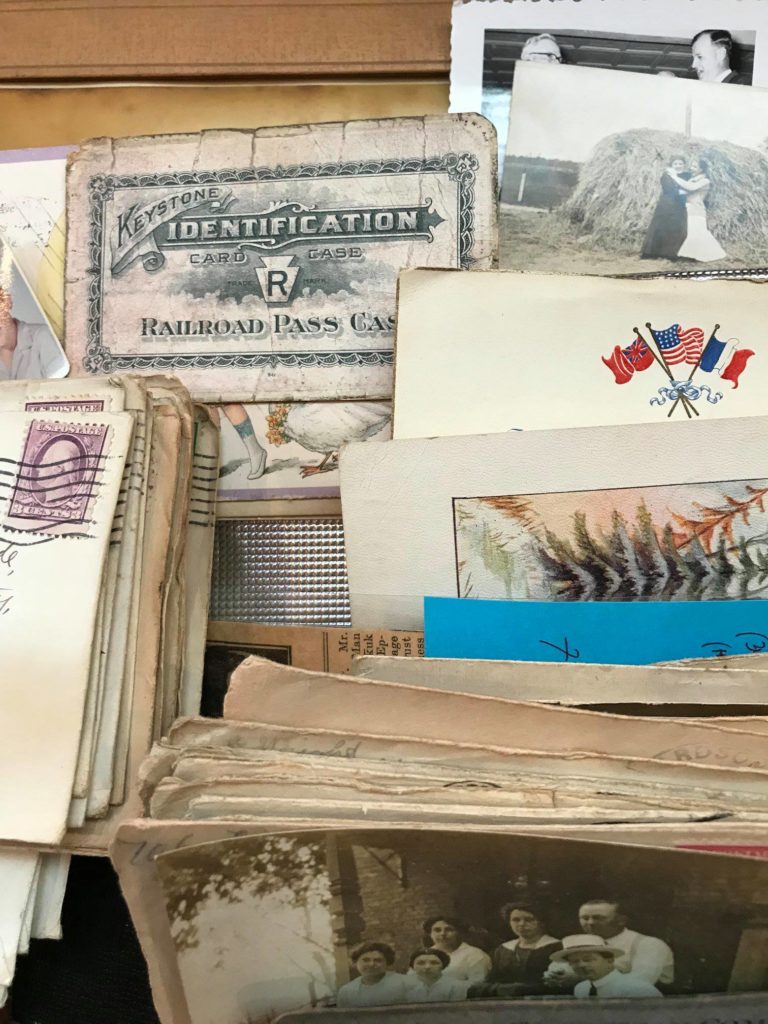
The Donation Process:
Once you have determined that something in your possession might find a good home at DHS, we would like to hear about it! To begin the donation process, please fill out our Collections Donation Information Form. These forms gather vital background information, including the people, places, and materials related to your potential donation.
If you fill out the form, please either email it to Leigh Rifenburg, Chief Curator or mail it to:
Delaware Historical Society, c/o Chief Curator
505 N. Market Street
Wilmington, DE 19801
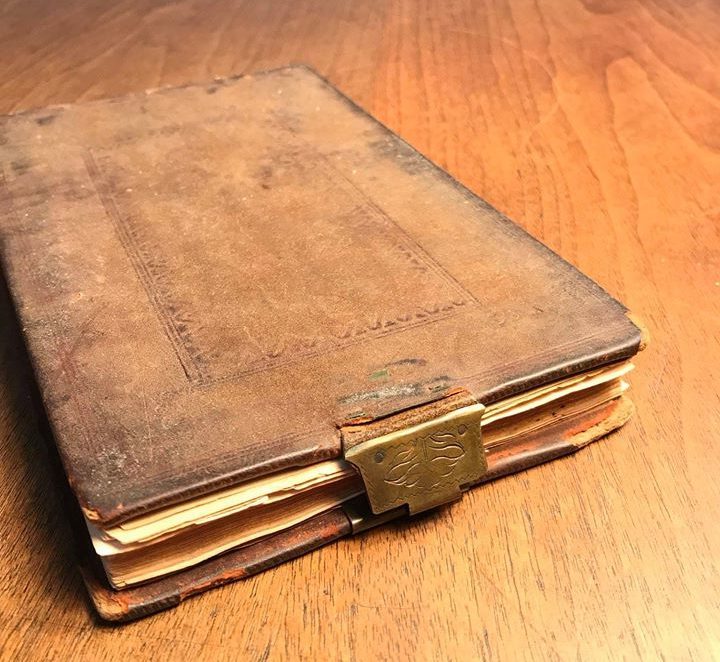
Once received, the information you provide will be reviewed by the appropriate member of the Collections and Access team. You will be contacted by a staff member regarding our interest in your donation. Please wait to be contacted before bringing your materials to DHS.
- By completing this step, you not only help the Collections and Access team make a fully informed decision, but you enable us to process your donation faster to make it available to researchers.
- Please note: We cannot guarantee that your Collections Donation Information Form will be reviewed, or your donation will be processed, within a certain time frame. We make every effort to review and process donations in a timely manner, and we appreciate your patience and understanding!
If we are interested in your potential donation, we will set up an appointment for you to bring your materials to DHS to be reviewed by a member of the Collections and Access team. If your materials fall in line with our collecting goals, you will be asked to fill out and sign a Temporary Custody Receipt. Materials will be kept in temporary custody pending a final decision by the Collections and Access team. Any materials not accepted into the collection will either be returned to you or disposed of in an appropriate way, a choice you will make when you sign the Temporary Custody Receipt.
- Please note: In the museum world, disposal does not necessarily mean throwing something away. If we determine that an object in your donation is not a good fit for DHS’ collection, we may be able to suggest another museum or institution where your donation can find a better home.
What to Expect if Your Materials are Accepted
If your materials are accepted into DHS’s collection, you will receive two copies of a Deed of Gift to be signed by you and your designated witness. One copy will be returned to DHS and the other will remain in your records. This legal document transfers ownership of your materials from you to DHS.
- After the Deed of Gift is signed, DHS has the right to remove (deaccession) materials from your donation in the future in compliance with museum, library, and archival best practices and DHS’ Deaccessioning Policy.
Wondering if your materials will ever be exhibited?
- DHS cannot guarantee that materials will ever be exhibited—but this does not mean that your donation will simply sit on a shelf collecting dust.
- Our collections are used in many ways, including:
- Exhibition, including temporary displays
- Loans to other museums and educational or cultural institutions
- Study, research, publication, programming, or other educational purposes
- Publication of scholarly and promotional materials by DHS
- Digital reproductions to be used for exhibitions or on the DHS website
- All materials in our collection, including those not on display, are available for researchers, scholars, writers, and the public. Additionally, your materials may be loaned to another museum for exhibition.
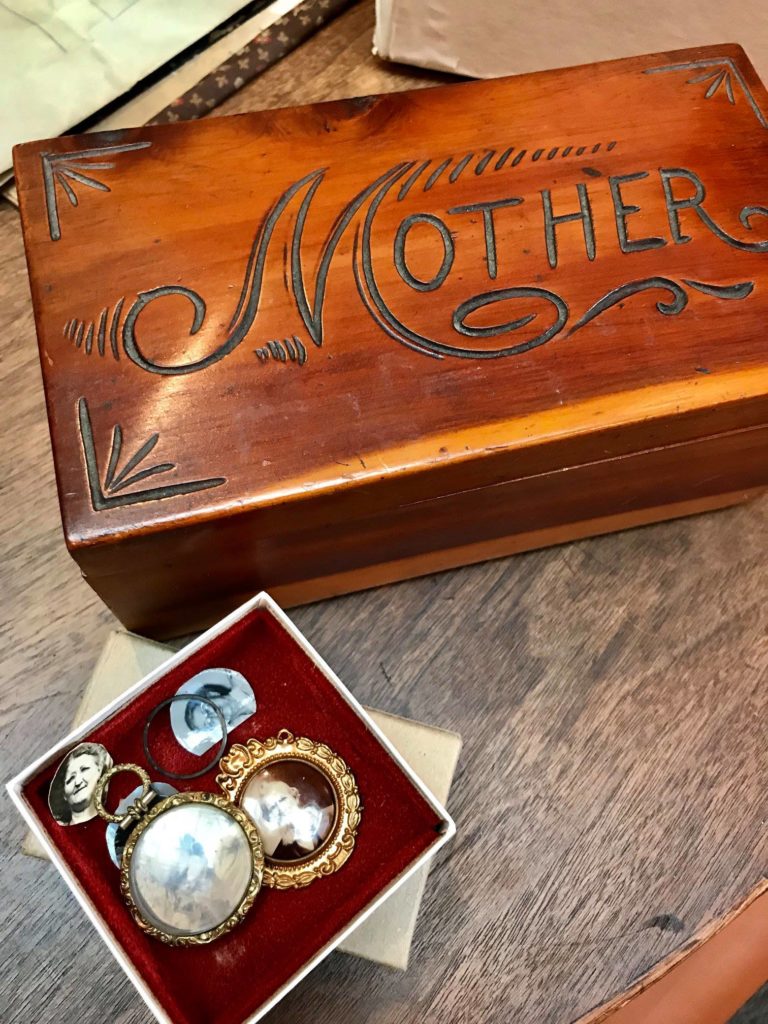
We are excited to hear from you! Our mission at the Delaware Historical Society is to preserve, promote, and share the history of Delaware through donations like yours.
If you have any questions about the donation process, please do not hesitate to contact Leigh Rifenburg, Chief Curator.
For questions about the Research Library and our research services, please contact research@dehistory.org.



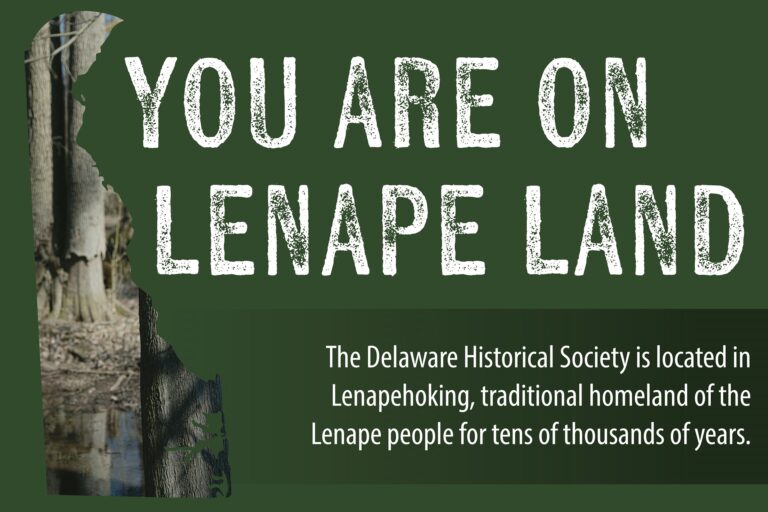
SOCIAL
Facebook
Instagram
YouTube
Email